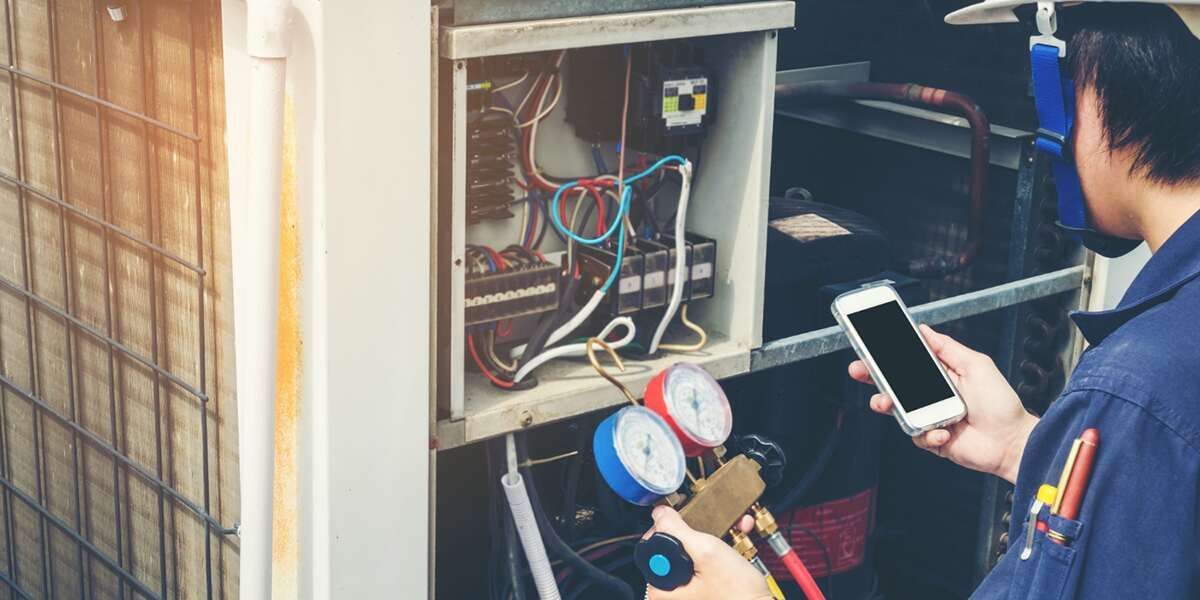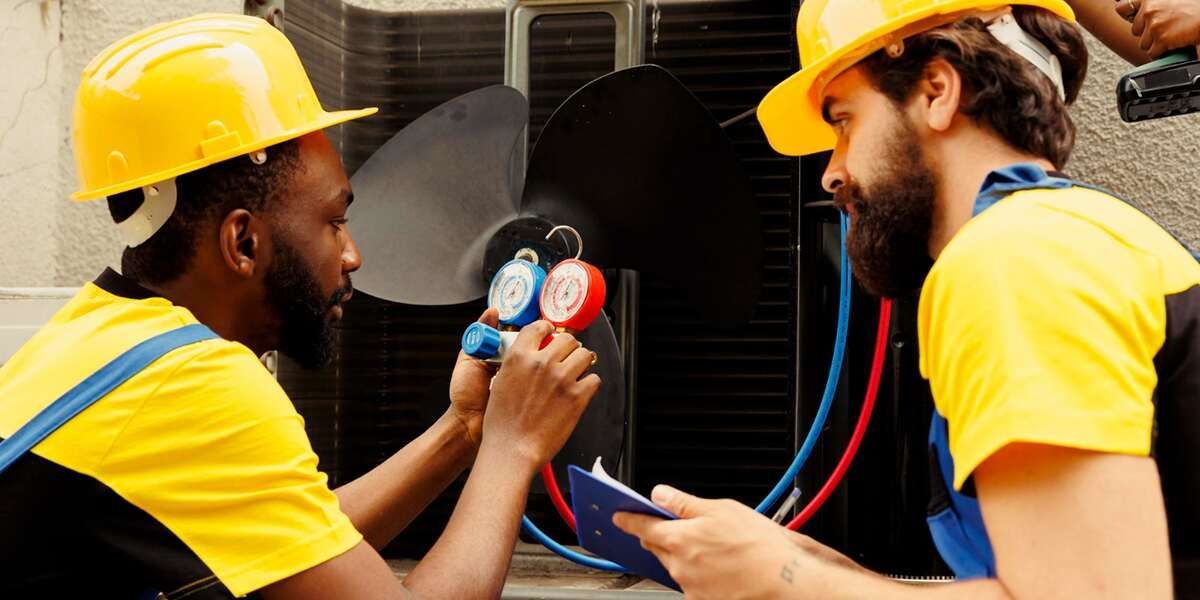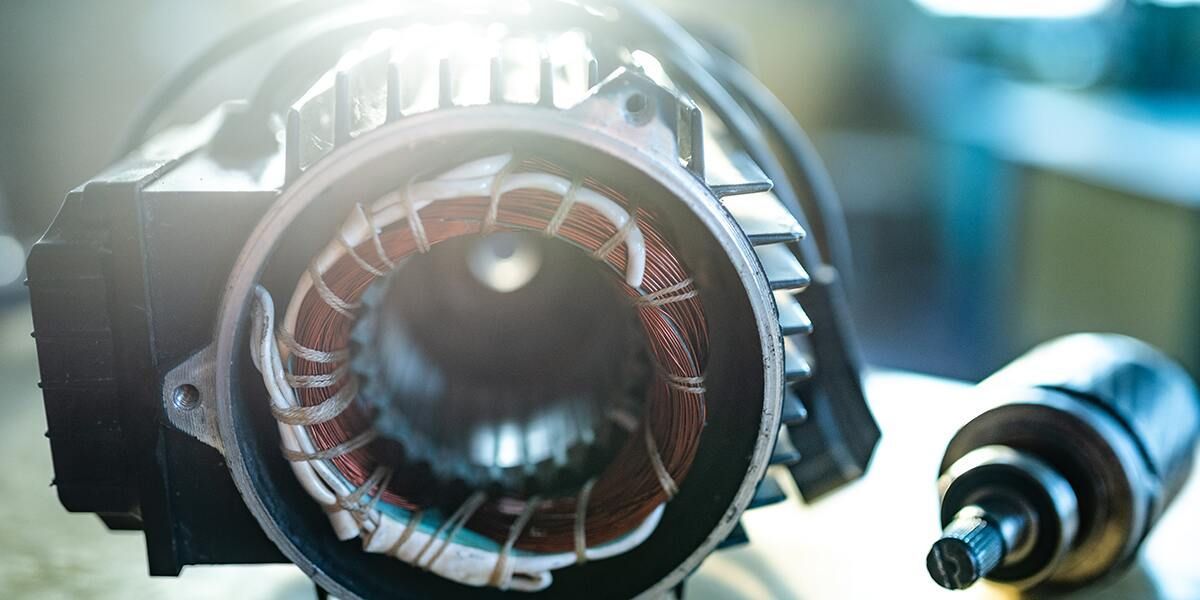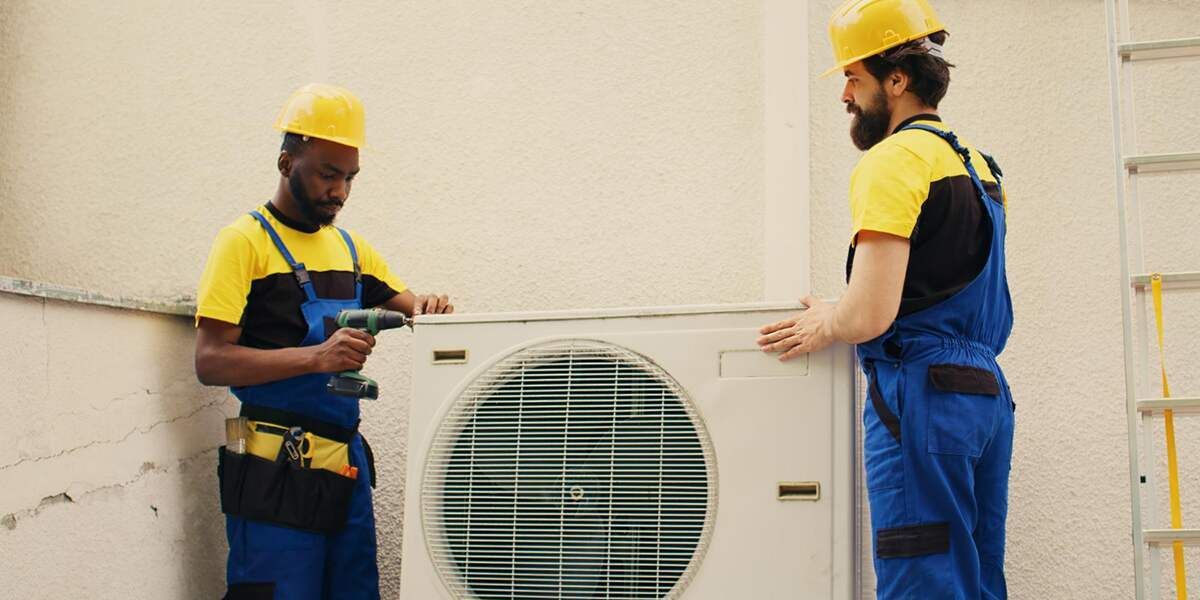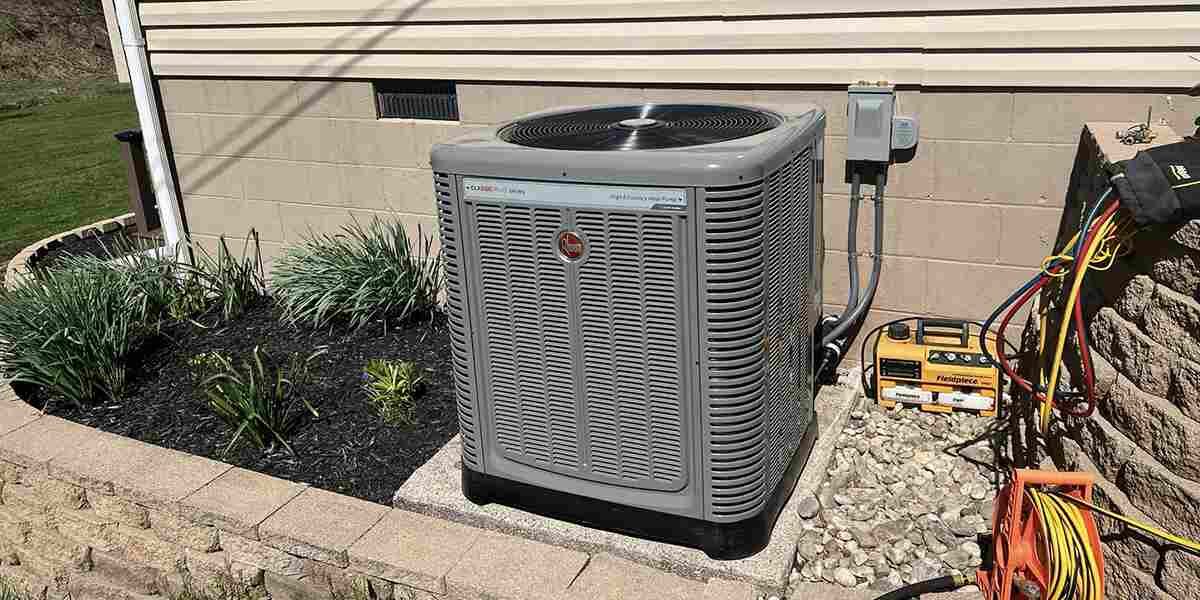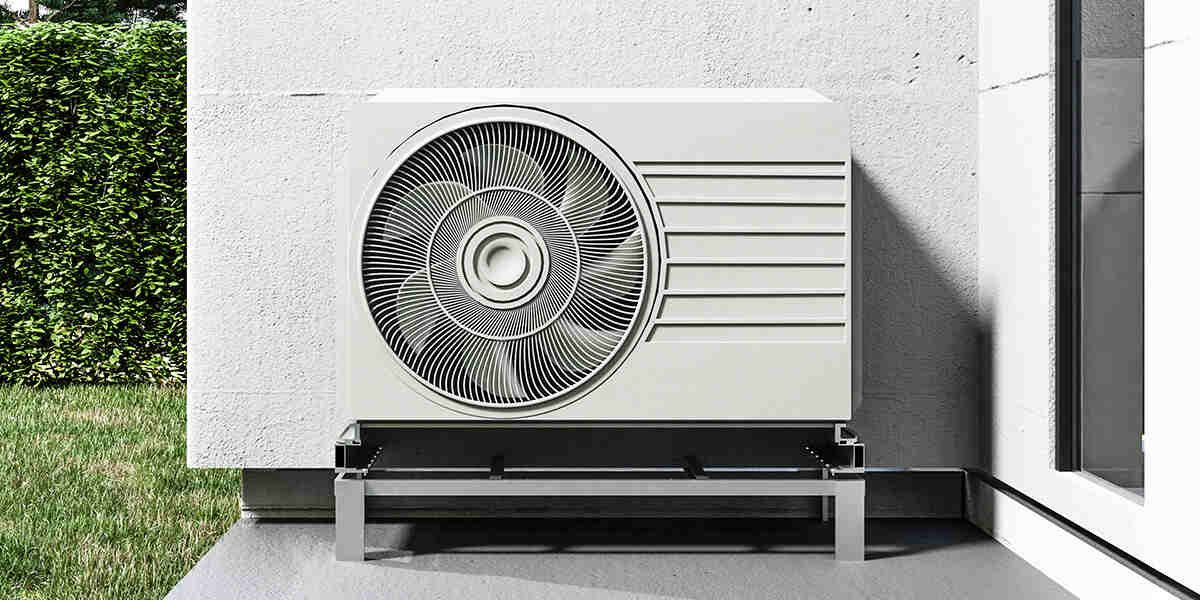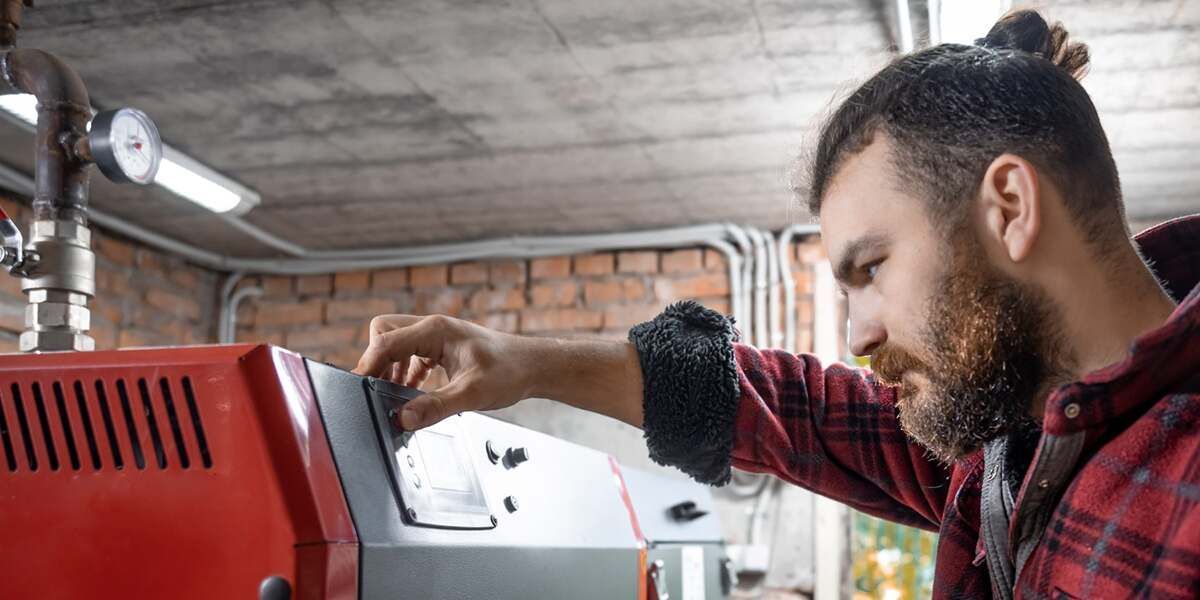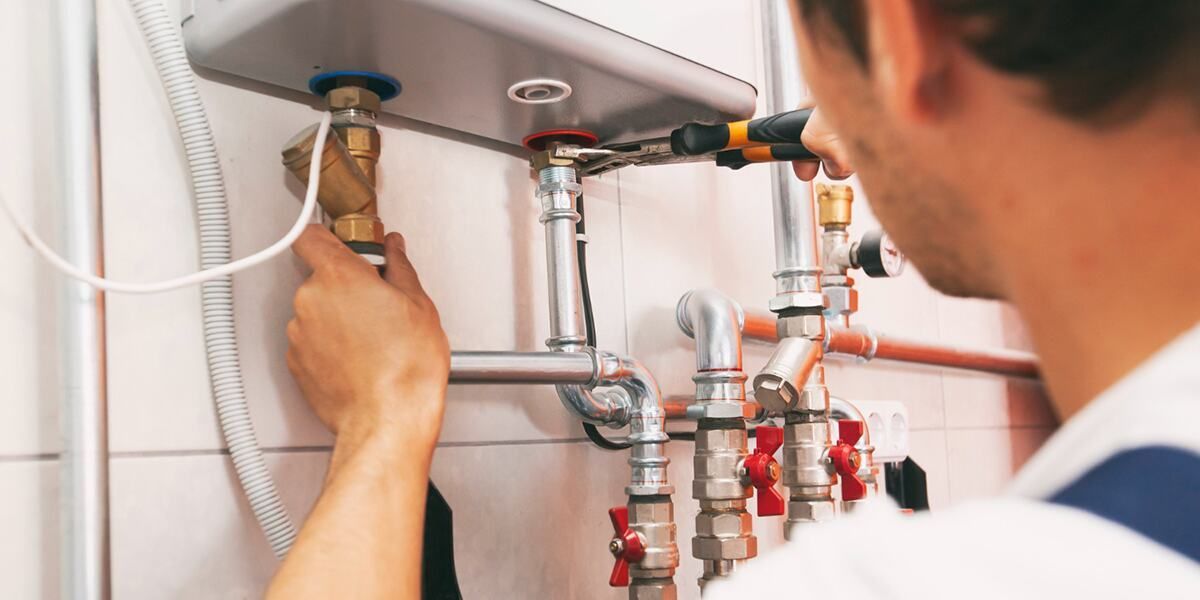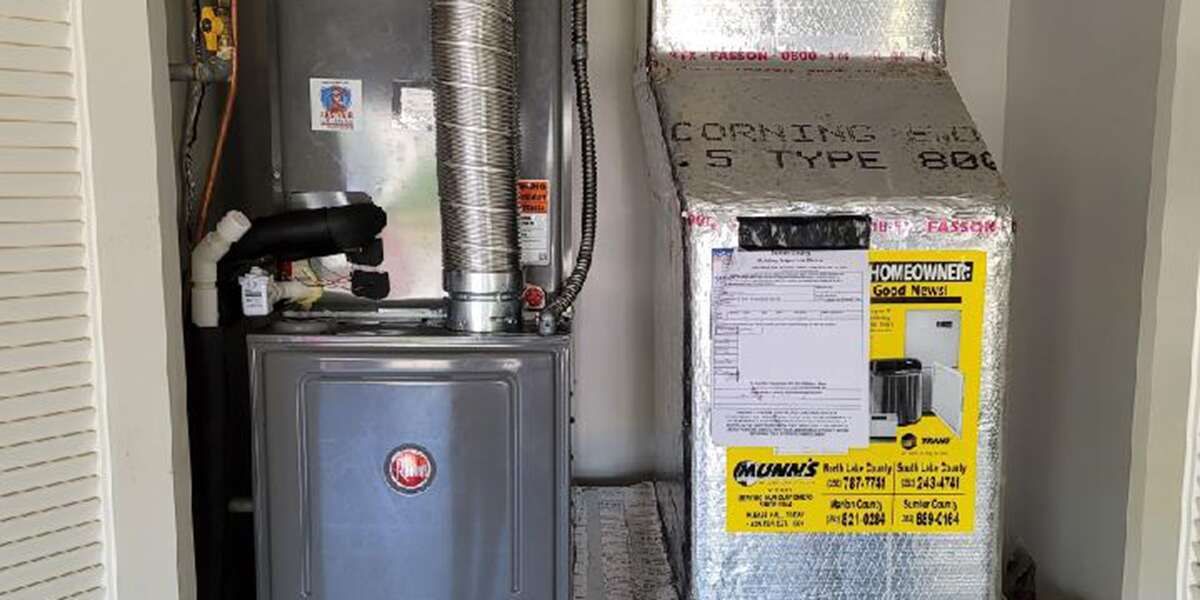EMERGENCY SERVICE AVAILABLE
How To Bug Proof Air Conditioner: Best Practices
Reach out to our team for the best AC repair in Inverness, FL. Schedule an appointment today!
Any house can develop a bug problem, but some homeowners are surprised to learn that their air conditioners are the source of their pest problems. Finding ants, mosquitos, flies, spiders, or cockroaches in air conditioner systems is unpleasant. However, you can bug-proof air conditioner units with the right tools, techniques, and practices.
Insects find AC units attractive because the system's environment is moist, warm, and protective. It's an excellent shelter for critters since insects can feed off debris from the air filter and obtain water from condensation.
Fast Air Repair is a top air conditioning repair company in Inverness, FL, so we know about creepy crawlies entering AC units. Consider the tips below to keep your air conditioner free of insects.
1. Maintain Your Air Conditioner
Your air conditioner can be a bridge for bugs to enter your house and create an infestation. Some insects can even reduce the cooling unit's efficiency. For instance, ants and wasps can build nests inside the outdoor AC unit, creating an airflow blockage and shorting out electrical wiring.
Maintenance is one of the best tactics to bug-proof air conditioner units. Routine inspections from a skilled HVAC technician include component cleaning, leak repairs, air duct cleaning, electrical calibrations, and more. The professional can also look for pests in the duct system, air vents, and the outside condenser unit.
2. Prevent Moisture Buildup Around the Unit
Most pests prefer to nest around food and water sources, which your air conditioner unit can provide. Moisture from condensate and dripping AC leaks can attract snakes, mice, and insects. If you notice a puddle of water around your AC unit, clean it up and then contact an HVAC company to check for leaks and repair them.
3. Use Air Vent and Flue Covers
Mesh screens are highly effective for protecting various parts of your air conditioning system. You can install the screen over air vents and flues to prevent critters from using your AC unit as a way into your home. Try fitting a mesh covering over the outdoor AC unit to prevent bugs from entering the system's outside portion.
Mesh covers are best to protect air conditioners from pests because their sizes are adjustable, and critters can't chew through steel. They also don't reduce the airflow necessary for the cooling system, allowing the air conditioner to work correctly.
4. Remove Debris Around the Outside AC Unit
Insects and other pests thrive where they can hide, especially in leaf and wood piles. It's always a good idea to leave at least two feet of clear space around the outdoor portion of an air conditioner to allow for optimal airflow. Leaving that clear space also reduces the risk of insects congregating near the unit and eventually entering it.
Remove any litter, woodpiles, leaf accumulations, and other debris from spaces close to your house, especially near the AC unit.
5. Seal Gaps
Sometimes, the areas around your air conditioning unit's installation site lack a proper seal. If gaps are present, seal them with caulk, duct tape, or foam installation strips. Paper towels are also suitable stuffing materials to fill gaps around the unit.
6. Repair Holes in the Ductwork
Insects currently hiding in or around your house could make their way into the HVAC system's ductwork if it has gaps or holes. Damage to ducts allows insects to spread to other areas of your house. It also forces your air conditioner to overwork, compensating for air leaks.
Check for leaks or loose seals by turning your AC on and holding your hand close to the ducts. If you feel air moving over your hand, the air is seeping out, which means insects can get in. You can fix cracks smaller than an inch with duct tape, but you'll need professional repair to fix extensive damage.
7. Clean Gutters and Downspouts
Clogged gutters and downspouts create standing water after rain storms, which bugs love. Keeping the gutter system clean and clear eliminates water sources for bugs. Ideally, you should clean your gutters twice annually, but you might do it more frequently if you have an insect problem.
8. Seek Expert Help
If you need assistance getting rid of bugs in your cooling system, seek professional assistance from an HVAC or pest control company. These professionals know how to eliminate pests while not introducing hazardous pesticides or chemicals to your HVAC system and, thus, the air you breathe. The sooner you get help after spotting the signs of a potential infestation, the quicker you can fully bug-proof your home.
9. Keep Up With Your Landscaping
Many bugs love living in plants and tall grasses, so your landscape can be problematic for your outside AC unit. Allowing your grass to grow tall and planting flowers close to the outdoor unit can restrict essential airflow and be a bridge for bugs to enter your cooling system.
Moving plants a minimum of two feet away from the outdoor AC unit will help bug-proof your air conditioner. It's also helpful to mow the grass regularly to keep the blades from growing tall enough to provide hiding places for critters.
Routine lawn care can be time-consuming. However, changing your landscape around your air conditioning system can make that portion of your yard low maintenance. For instance, you can install decorative stones, bricks, or river rocks in place of plants and grass.
Give Fast Air Repair a Call for Prompt AC Services
Even if you follow the best practices the bug-proof air conditioner systems correctly, it's still beneficial to work with an experienced HVAC contractor to ensure your cooling unit is fully functional. Fast Air Repair provides reliable HVAC services, including air conditioning repair, maintenance, and installation services. Our skilled technicians offer prompt care and top-tier service.
Check our blog for other helpful tips, such as why you should not keep on turning your AC on and off. If you need AC repair or maintenance services, contact Fast Air Repair at 352-290-7968.
Contact us for Service
Footer - Website Lead
We will get back to you as soon as possible.
Please try again later.
For emergency service, to get a free quote, or if you have questions or special requests, just drop us a line. We Look forward to serving you!
Hours Of Operation
- Mon - Sun
- Open 24 Hours
Emergency Service Available
All Rights Reserved | Fast Air Repair



